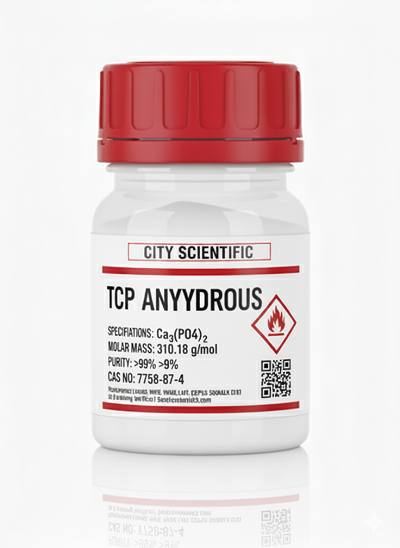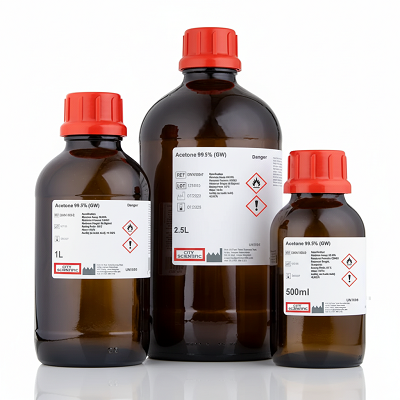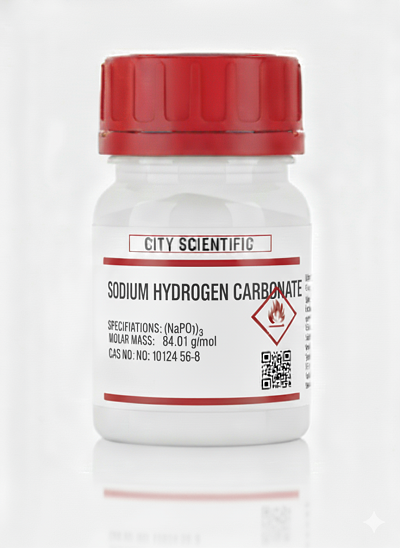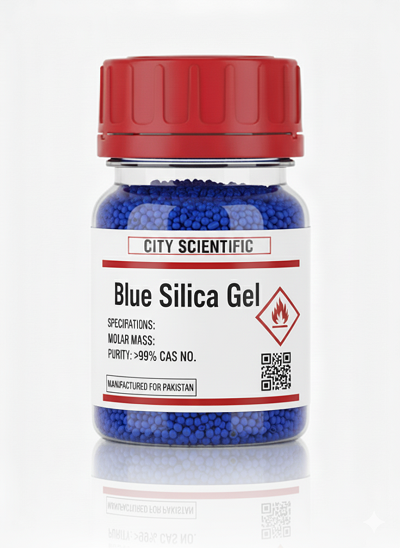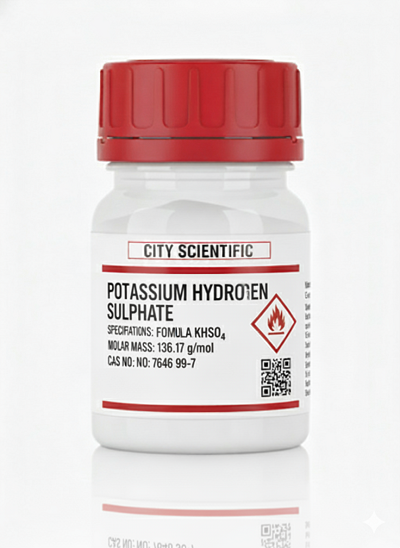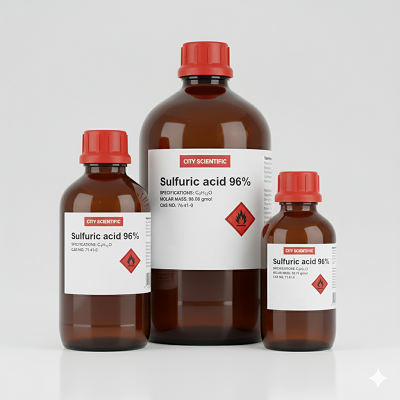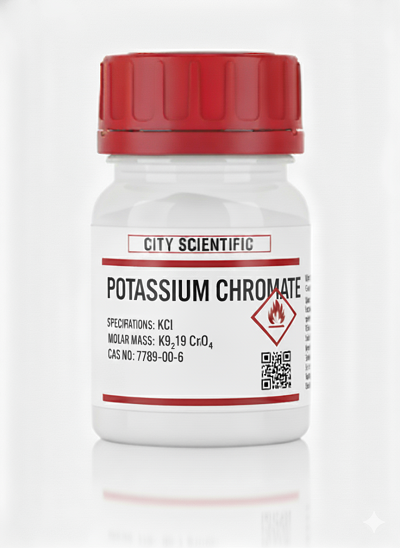TCP anhydrous is the water-free form of tricalcium phosphate, a calcium salt of phosphoric acid. It is a versatile white, odorless powder used as a nutritional supplement and anticaking agent in food, pharmaceuticals, and other industries.
Chemical and physical properties
- Formula: While the most basic chemical formula for tricalcium phosphate (TCP) isCa3(PO4)2cap C a sub 3 open paren cap P cap O sub 4 close paren sub 2𝐶𝑎3(𝑃𝑂4)2, most commercial “TCP” is actually a mixture of calcium phosphates, including hydroxyapatite,Ca5(OH)(PO4)3cap C a sub 5 open paren cap O cap H close paren open paren cap P cap O sub 4 close paren sub 3𝐶𝑎5(𝑂𝐻)(𝑃𝑂4)3.
- Appearance: A white, odorless powder that is stable when exposed to air.
- Solubility: It is practically insoluble in water and ethanol but readily dissolves in dilute hydrochloric and nitric acid.
- “Anhydrous” designation: The term “anhydrous” indicates that the compound contains no water in its crystalline structure. A hydrated form would include water molecules as part of its formula, such as the white anhydrous copper sulfate,CuSO4cap C u cap S cap O sub 4𝐶𝑢𝑆𝑂4, versus the blue hydrated copper sulfate,CuSO4⋅5H2Ocap C u cap S cap O sub 4 center dot 5 cap H sub 2 cap O𝐶𝑢𝑆𝑂4⋅5𝐻2𝑂.
Primary uses
- Food industry: TCP anhydrous is widely used as a food additive to prevent clumping and moisture retention in powdered products like spices, dry mixes, powdered milk, and sugar. It is often labeled as E341(iii).
- Nutritional supplements: It is a source of both calcium and phosphorus, making it a common ingredient in multivitamins, mineral supplements, and infant formula to support bone health.
- Pharmaceuticals: In the pharmaceutical industry, TCP acts as a filler, diluent, or binder to add bulk and improve the flowability of powdered medications for tablets and capsules.
- Medical applications: The biocompatibility of TCP makes it useful in some bone repair procedures. Certain porous forms can be used as a biodegradable scaffold for regenerating bone tissue.
- Other applications:
- Antacid: Used in the pharmaceutical industry to treat excessive stomach acid.
- Animal feed: Added to pet food and livestock feed as a calcium and phosphorus supplement.
- Industrial: Can be used in the manufacture of ceramics and specialty glass.

